Mandatory & Core Care Training Courses
Written and endorsed by qualified professionals in the care sector, complete with downloadable course content, nationally recognised & verified certification, unlimited resits and your own personal reporting dashboard too!
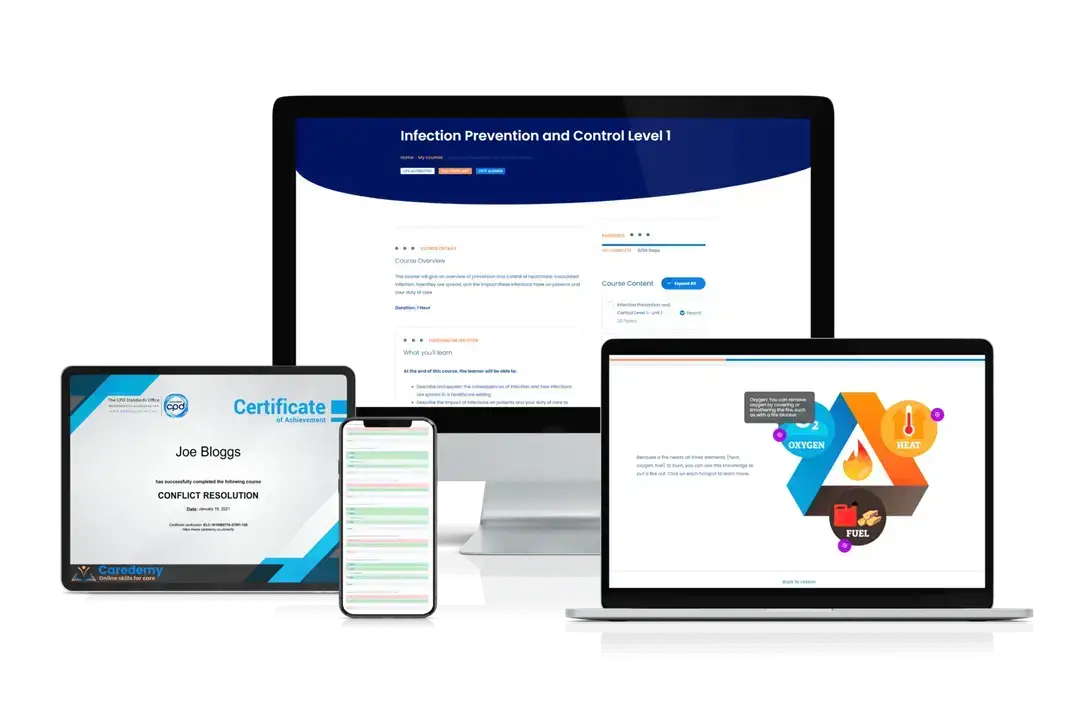

CPD Accredited
Free Certficate
12 Months expiry
Instant Access
core and mandatory care
CPD Compliant Online Training

Advance Care Planning & Record Keeping
This advanced care planning and record-keeping course will give an overview of what advance care planning offers, how to introduce advance care planning, and proper record-keeping procedures for advance care plans.

Awareness of Equality, Diversity and Human Rights
This course will give an overview of knowledge needed by staff working in the health sector regarding equality, diversity, and human rights. Learners will understand the importance of language and communication, the impact of legislation, the benefits of equality and diversity, and understand discrimination.

Awareness of Learning Disability and Autism Including Oliver McGowan
This course will give an overview of issues surrounding individuals with learning disabilities, including autism spectrum disorder (ASD) and attention deficit hyperactivity disorder (ADHD). The purpose of the course is to help the learner understand how they can better care for those with learning disabilities.
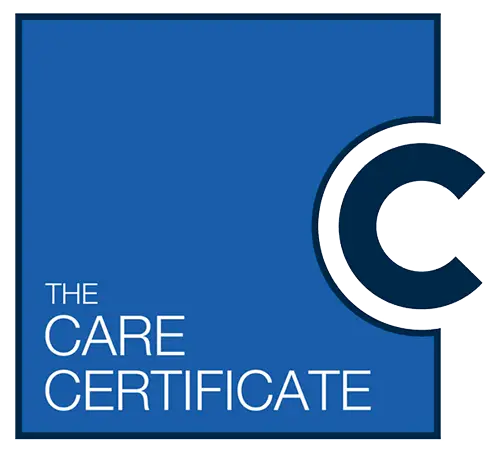
Care Certificate (Standards 1 to 16)
The Care Certificate is an agreed set of standards that define the knowledge, skills and behaviours expected of specific job roles in the health and social care sectors. It’s made up of the 16 minimum standards

Care Certificate Standard 1 – Understand Your Role
This understand your role course will give an overview of different aspects of having a career in healthcare, including job descriptions, responsibilities, and things not included in certain roles. The course will encourage you to explore your companys values and objectives and how your role fits into these.

Care Certificate Standard 2 – Your Personal Development
This personal development course will give an overview of different aspects of having a career in healthcare, including job descriptions, responsibilities, and things not included in certain roles. The course will encourage you to explore your companyu2019s values and objectives and how your role fits into these.

Care Certificate Standard 3 – Duty of Care
This course will give an overview of how health and social care workers are encouraged to think about their responsibilities to those they care for, themselves, their colleagues, and the general public. Acting in the best interests of others and failure to act will be discussed.

Care Certificate Standard 4 – Equality, Diversity, Inclusion and Human Rights
This course will give an overview of knowledge needed by staff working in the health sector regarding equality, diversity, and human rights. Learners will understand the importance of language and communication, the impact of legislation, the benefits of equality and diversity, and understand discrimination.

Care Certificate Standard 5 – Work In A Person Centred Way
This course will give an overview of how health and social care staff can achieve person-centred care at their organisation through care and communication.

Care Certificate Standard 6 – Communication
This course will provide information on effective communication techniques for the social or health care setting.

Care Certificate Standard 7 – Privacy and Dignity
This course will give an overview of how health and social care workers can support privacy and dignity of those in their care. Case studies with examples of poor and good care will be used to illustrate examples and allow learners to reflect on their own practice.

Care Certificate Standard 8 -Fluids and Nutrition
This course will give an overview of how health and social care staff can provide adequate nutrition and hydration to those in their care, particularly infants and older persons.

Care Certificate Standard 9 – Dementia Awareness
This course will provide an introduction to dementia for anyone who will be working in social and health care environments. The types of dementia, symptoms of dementia, and ways in which we interact with patients are discussed.

Care Certificate Standard 9 – Mental Health Awareness
This course will give an overview of mental health conditions and their symptoms and treatment for healthcare professionals. The goal is to raise awareness for healthcare workers who may encounter patients with a mental illness.

Care Certificate Standard Number 10 – Safeguarding Adults
This course will give an overview of safeguarding and the role of health and social care workers play in working with and identifying vulnerable adults.

Care Certificate Standard Number 11 – Safeguarding Children
This course will give an overview of safeguarding and the statutory duty of all staff to safeguard children.

Care Certificate Standard Number 12 – Basic Life Support
This course will give an overview of the signs of cardiac arrest, how to respond appropriately, how to summon help, and how to deliver effective chest compressions.
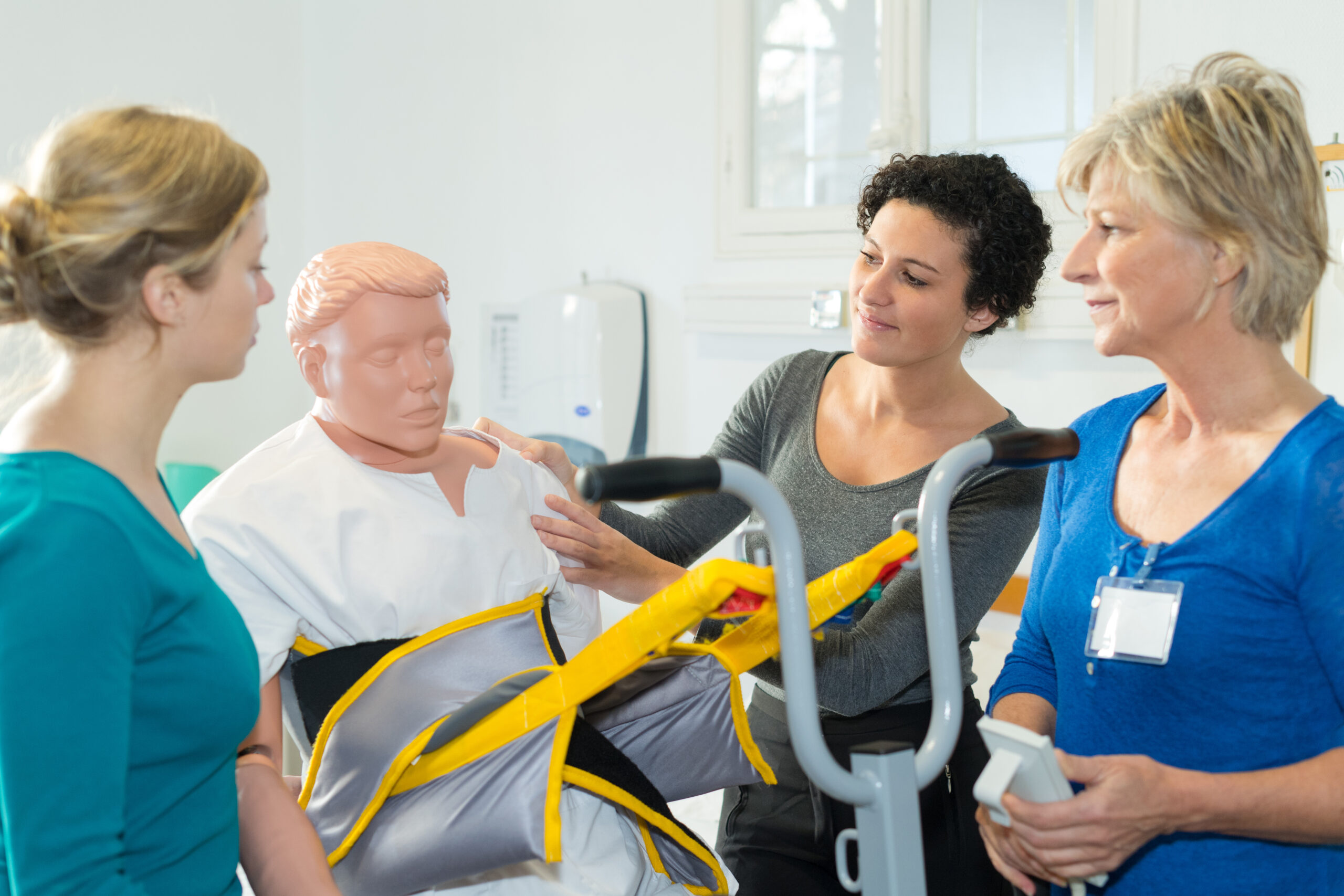
Care Certificate Standard Number 13 – Health and Safety
This course will give an overview of the responsibilities employers and employees have to ensure facilities are safe for patients, visitors, and staff members. Risk management and procedures for reporting health and safety violations are also discussed.

Care Certificate Standard Number 14 – Handling Information (Information Governance)
This course will give an overview of the principles of data protection, confidentiality, freedom of information requests, and subject access requests.

Care Certificate Standard Number 15 – Infection Prevention and Control
This course will give an overview of prevention and control of healthcare-associated infection, how they are spread, and the impact these infections have on patients and your duty of care.

Care Certificate Standard Number 16 – Awareness of Learning Disability and Autism
This course will give an overview of issues surrounding individuals with learning disabilities, including autism spectrum disorder (ASD) and attention deficit hyperactivity disorder (ADHD). The purpose of the course is to help the learner understand how they can better care for those with learning disabilities.

Conflict Resolution
This 3-course bundle will give an overview of how to develop an awareness of the risks of providing help to the general public and learn how to manage conflict. You’ll learn what help is available to effectively and safely support you as you try to resolve conflicts.

Conflict Resolution: An Introduction Level 1
This course will give an overview of what conflict is, how to develop an awareness of conflict, and how to protect staff members from conflict.

Conflict Resolution: Contributing Factors Level 2
This course will give an overview of the warning signs of anger and stages of anger, the causes of conflict, how communication breaks down, and strategies for managing conflict.

Effective Communication
This course will provide information on effective communication techniques for the social or health care setting.

Fire Safety Awareness
This 2-course bundle course will give an overview of the nature and causes of fire in healthcare facilities, including instructions on what to do when a fire starts, how to prevent fires, and proper signage and equipment.

Fire Safety Awareness: An Introduction
This course will give an overview of the nature and causes of fire in healthcare facilities, fire regulations, and general safety measures for fire safety.

Fire Safety Awareness: Fire Signs, Guides, Equipment, and Evacuation
This course will give an overview of the nature and causes of fire in healthcare facilities, including instruction on what to do when a fire starts, how to prevent fires, and proper signage and equipment.

First Aid (Resuscitation) Level 2 Course
This course will give an overview of training related to adult resuscitation including emergency response, chest compressions, airway management, and the use of an AED.

First Aid – Basic Life Support (Resuscitation) Course
This course will give an overview of the signs of cardiac arrest, how to respond appropriately, how to summon help, and how to deliver effective chest compressions.

First Aid at Work
This course will give an overview of basic first aid that can be given until emergency services arrive.

Food Hygiene & Safety Basic (Level 1)
This Understanding Food Safety online course will give an overview of the importance of food safety, food cleaning and storage requirements, hazards, and legislation regarding food safety.

General Data Protection Regulation (GDPR)
This course will give an overview of what GDPR is, how it is used, and data protection principles, rights, and obligations.

Health Safety and Welfare
This course will give an overview of the responsibilities employers and employeesshave toensure facilities are safe for patients, visitors, and staff members. Risk management and procedures for reporting health and safety violations are also discussed.
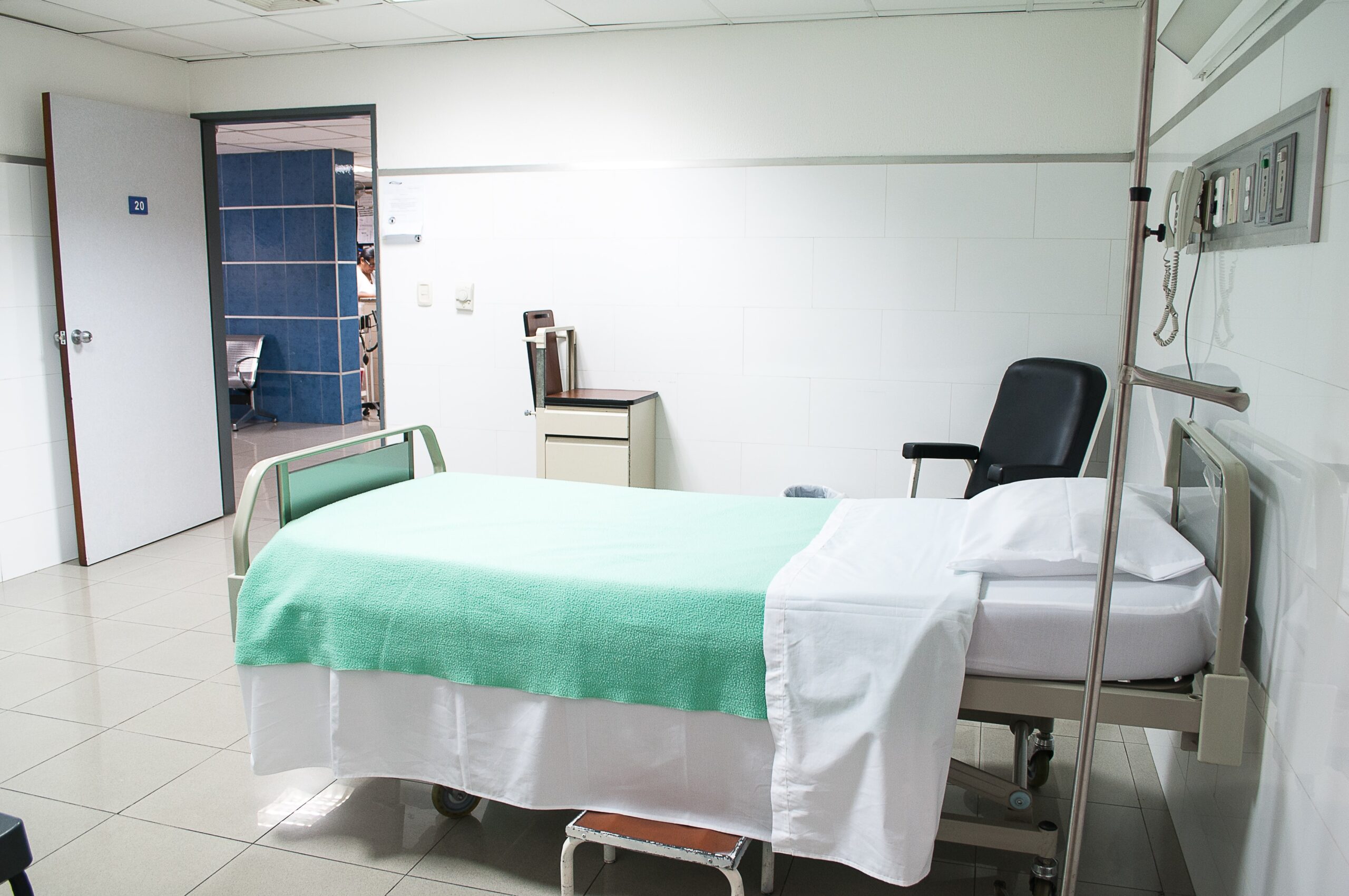
Infection Prevention and Control for Non-Clinical Workers
This 2-course bundle will give an overview of prevention and control of healthcare-associated infection, the effects of infections, how infections are spread, and how to help prevent the spread of infection.

Infection Prevention and Control Level 1 In Health & Social Care
This course will give an overview of prevention and control of healthcare-associated infection, how they are spread, and the impact these infections have on patients and your duty of care.

Infection Prevention and Control Level 2 in Health & Social Care
This course will give an overview of the use of standard measures for the prevention and control of healthcare-associated infection and how to apply principles of infection control into your practice.

Infection Prevention and Control: Level 1 An introduction
This course will give an overview of prevention and control of healthcare-associated infection, the effects of infections, how infections are spread, and how to help prevent the spread of infection.

Infection Prevention and Control: Level 2 (An understanding)
This course will give an overview of the chain of infection, the principles of asepsis, and proper hand hygiene. Personal protective equipment and cleaning procedures will be discussed

Infection Prevention and Control: Level 3 – Compliance and Management
This course will give an overview of infection-related standards of care, codes of practice, and prevention programmes. Risk assessments and reporting concerns will be discussed.

Information Governance
This course will give an overview of the principles of data protection, confidentiality, freedom of information requests, and subject access requests.

Learning Disabilities
This 2-course bundle includes Good Communication Practices for Persons with Learning Disabilities and Understanding the Types of Learning Disabilities. This mandatory training will gain an overview of issues surrounding individuals with learning disabilities, including autism spectrum disorder (ASD) and attention deficit hyperactivity disorder (ADHD). The purpose of the course is to help the learner understand how they can better care for those with learning disabilities.

Managing Oral Health
This course will give an overview of the importance of oral health for patients. Dental disease, plaque, teeth brushing, denture care, and the link between oral and general health will be discussed.

Medicine Drug Calculations
This course will give an overview of calculating drug doses and common miscalculation errors.

Medicines Control & Administration (Medication Management)
This 2-course bundle will give an overview of systems and processes for using and managing controlled drugs safely in a care setting. Compliance with legislation, governance, and addressing safety risks with controlled drugs will be discussed.

Medicines Optimisation: Safe & Effective Use of Medication
This 2-course bundle will give an overview of the effective use of medicines in health and social care for individuals take one or more medicines. Medicines reconciliation, medication review, and use of patient decision aids will be discussed.
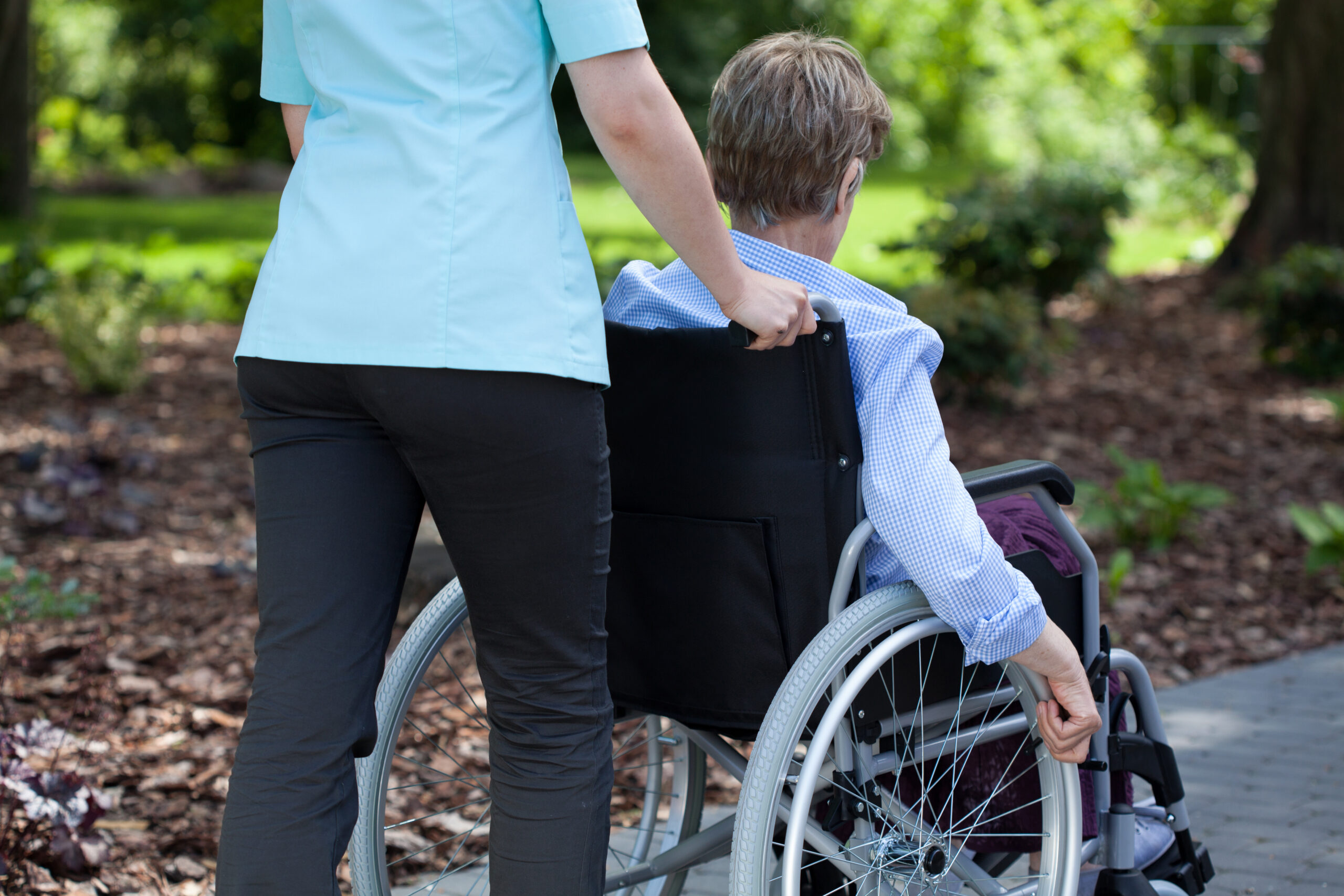
Moving and Handling in Primary Care
This course will give an overview of what moving and handling is, how injuries occur, and how to assess and manage risk when completing manual handling tasks.

Moving and Handling of Objects
This course will give an overview of what moving and handling is, how injuries occur, and how to assess and manage risk when completing manual handling tasks in primary care.
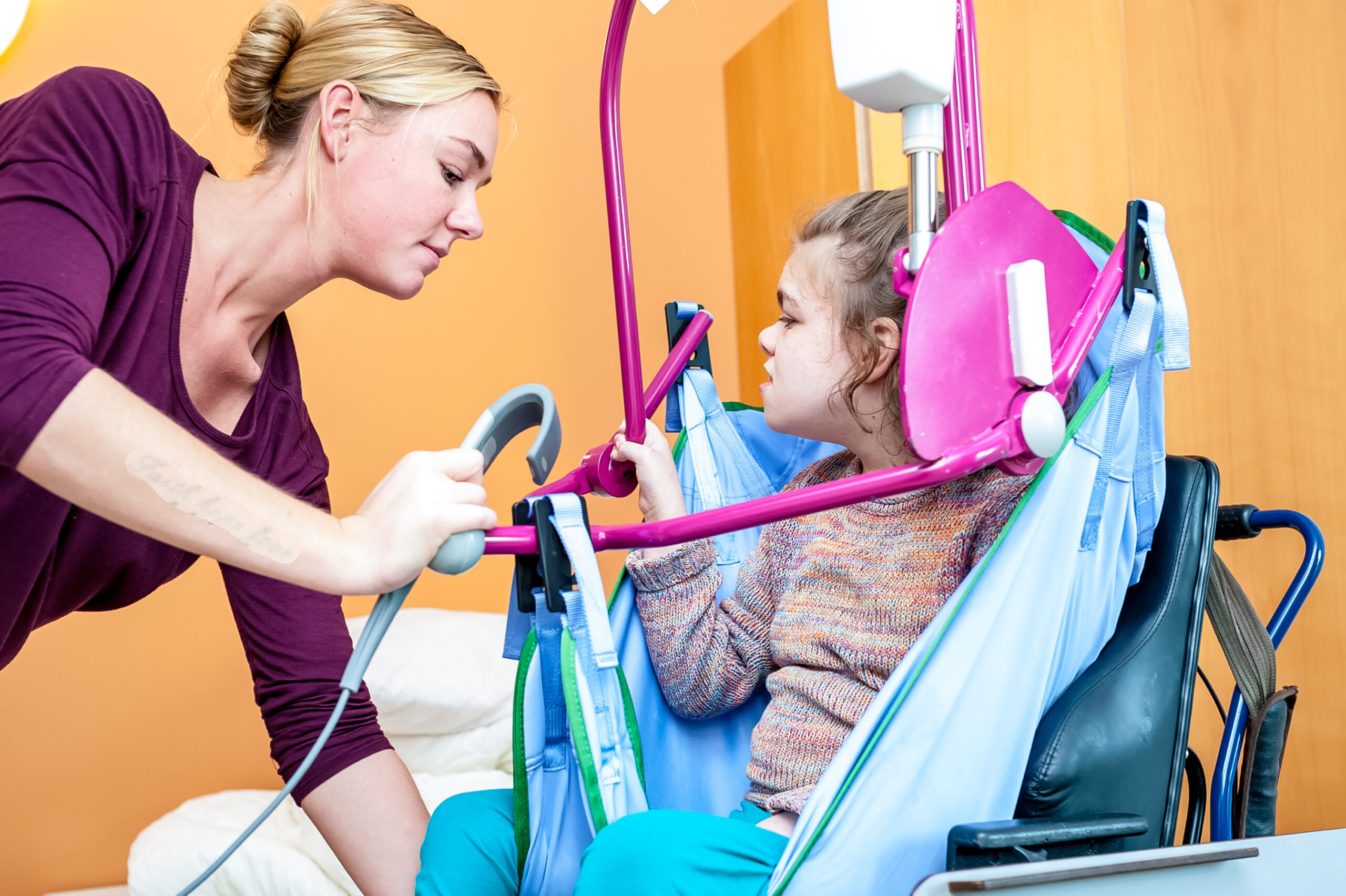
Moving and Handling People
This course will give an overview of proper procedures for patient moving and handling.

Person-Centred Approaches Step 1
This course will give an overview of how to behave in a person-centred way based on the person-centred approaches framework, which aims to distill best practice and set out core, transferable behaviours, skills, and knowledge.

Person-Centred Care
This course will give an overview of how health and social care staff can achieve person-centred care at their organisation through care and communication.

Personal Protective Equipment
This course will give an overview of personal protective equipment for those working in health and social care, including how to work safely during sustained transmission of coronavirus (COVID-19).

Preventing Falls
This Preventing Slips Trips and Falls Course will give an overview of falls risk and assessment in older adults, as well as your role and responsibilities in following appropriate guidelines to prevent falls.

Principles of Consent
This course will give an overview of the key principles of valid consent with capable adults, when and how staff should seek valid consent, the different ways consent can be given, and what to do if consent is refused. Adults who do not have the capacity to give consent will also be discussed.

Privacy and Dignity
This course will give an overview of how health and social care workers can support privacy and dignity of those in their care. Case studies with examples of poor and good care will be used to illustrate examples and allow learners to reflect on their own practice.

Promoting Understanding of Equality, Diversity, & Human Rights
This course will give an overview of key issues regarding equality, diversity, and human rights. Develop an understanding of the protected characteristics and know how to apply what you’ve learned in a health or social care environment.

Providing Hydration – Fluids and Nutrition
This course will give an overview of how health and social care staff can provide adequate nutrition and hydration to those in their care, particularly infants and older persons.

Receiving and Acting on Complaints in Care (Level 4)
This course will give an overview of the CQC’s Regulation 16: Receiving and acting on complaints. Identifying, receiving, handling, and responded to service users complains will be discussed.

Safeguarding Adults Level 1
This course will give an overview of safeguarding and the role of health and social care workers play in working with and identifying vulnerable adults.

Safeguarding Adults Level 2
The Safeguarding Adults Level 2 online training course is a CPD accredited course. It teaches how to respond to potential and actual safeguarding issues, covering topics such as legislation, how to support individuals and carers, and risk reduction. The course expands on the Level 1 course by covering mental capacity assessments and handling potential cases of abuse in more depth. It is an online course that takes about two hours to complete and includes unlimited exam resits, with a free CPD accredited certificate awarded upon successful completion.

Safeguarding Adults Level 3 Course
This course will give an overview of safeguarding and covers competencies required where staff engage in the assessment, planning, and evaluating the needs of adults where there are safeguarding concerns.

Safeguarding Children Level 1
This **CPD Accredited** and **CQC Compliant** online course provides essential Level 1 safeguarding training for anyone working with children, including staff in healthcare, education, and social care. Completed in just **1 hour** of self-paced study, you will learn to define safeguarding, recognize signs of abuse, understand online risks, and follow proper reporting procedures. The course includes a quiz with **unlimited free retakes**, leading to an instant, downloadable accredited certificate to confirm your compliance and foundational knowledge in child protection.

Safeguarding Children Level 2
This course will give an overview of safeguarding and the role health and social care workers play in working with and identifying vulnerable children. This course provides a more detailed understanding of safeguarding for those who work with children on a regular basis.

Safeguarding Children Level 3
This course will give an overview of assessment, evaluation, and interventions related to safeguarding and child protection.

The Mental Capacity Act and Liberty Safeguards
This course will give an overview of what the Mental Capacity Act is, who it applies to, and gives a structured approach to the assessment of a person’s mental capacity.

What is Dementia?
This course will provide an introduction to dementia for anyone who will be working in social and health care environments. The types of dementia, symptoms of dementia, and ways in which we interact with patients are discussed.
43 Mandatory & Core Training Courses in Health & Social Care
|
Topic |
Requirements |
Refresher training recommendations |
|
Assisting and moving people |
● Care workers should be able to understand current legislations, policies and procedures relating to moving and positioning individuals. ● Includes both anatomy and physiology and how to use any equipment required. ● Also need to know how to minimise risk and when they should seek advice or assistance. |
Refresher training and assessment is recommended at least once per year or when new risks/requirements are introduced |
|
Basic life support and first aid |
● Staff need to understand the procedures and protocols surrounding accidents and sudden illness. ● Includes being able to safely provide basic first aid and life support. |
Basic life support training should be refreshed at least annually. Frequent ‘low dose’ training may improve CPR skills more effectively. First Aid refresher training is required at least every 3 years for a worker to be recognised as competent. |
|
Communication |
● Care staff need to understand the importance of good communication and be able to meet the communication needs and preferences of those in their care. ● They should also be able to understand and apply confidentiality practices at work and be able to reduce barriers to communication. |
Staff performance should be monitored. Competence and knowledge should be assessed at least annually. Learning and development opportunities should be provided as required or at least every 3 years. |
|
Dignity |
● Care staff should understand that dignity, respect and privacy of the individual are of the utmost importance in a care setting. ● It’s also vital for them to understand the principles that underpin dignity in care. |
Staff performance should be monitored. Competence and knowledge should be assessed at least annually. Learning and development opportunities should be provided as required or at least every 3 years. |
|
Equality and Diversity |
● Care staff should understand the importance of equality and be able to work in an inclusive manner. ● It’s important for them to know how to access information and advice when needed. |
Staff performance should be monitored. Competence and knowledge should be assessed at least annually. Learning and development opportunities should be provided as required or at least every 3 years. |
|
Fire Safety |
● Care staff should understand fire safety procedures and how to promote fire safety in the care setting. |
BS 9999:2008 recommends that training should be refreshed at least annually. The Department for Communities and Local Government states that fire drills should be carried out annually. |
|
Food hygiene |
● All staff involved in the handling, preparing and provision of food are required by law to receive food hygiene training. ● Care staff need to understand the importance of food safety in the care setting. ● They need to be able to maintain food safety when preparing, handling, serving and storing food and drink. ● It’s also important for them to know how to access advice and support about food safety when necessary. |
Staff performance should be monitored. Competence and knowledge should be assessed at least annually. Learning and development opportunities should be provided as required or at least every 3 years. |
|
Health and safety awareness |
● Care staff need to understand their own responsibilities and the responsibilities of others in relation to health and safety in the work setting. ● They should understand health and safety procedures in the care setting, including risk assessments, security measures and how to handle hazardous substances. ● Care workers also need to understand how to manage stress. |
Staff performance should be monitored. Competence and knowledge should be assessed at least annually. Learning and development opportunities should be provided as required or at least every 3 years. |
|
Infection prevention and control |
● Care staff need to understand their role and responsibilities in relation to infection prevention and control in the care setting. ● This covers the relevant legislation, policies and procedures together with the importance of risk assessments, PPE and good personal hygiene in the prevention and control of infections. |
Staff performance should be monitored. Competence and knowledge should be assessed at least annually. Learning and development opportunities should be provided as required or at least every 3 years. |
|
Management of medications |
● Staff need to understand the legislation, policy and procedures surrounding the administration of medications. ● They also need to know about common medications and their usage, as well as the preparation, administration and monitoring of medication. ● Specialist training may be necessary for some specific medications. |
NICE recommends that staff in care settings and working in the community should have their learning refreshed and knowledge and competency assessed at least annually. Learning requirements, training and competency checks will vary depending on the worker’s role and responsibilities. Workers should not manage or administer medication until they have successfully completed any necessary training and have been assessed as competent. |
|
Mental capacity and liberty safeguards |
● Care staff should understand the meaning of mental capacity in the care setting, together with the relevant legal frameworks, policies and guidelines. |
Staff performance should be monitored. Competence and knowledge should be assessed at least annually. Learning and development opportunities should be provided as required or at least every 3 years. |
|
Moving and handling objects |
● Workers need to be able to move and handle equipment and other objects safely. |
The Health and Safety Executive considers that annual refresher training is good practice. |
|
Nutrition and hydration |
● Care staff should understand the principles of nutrition and hydration. ● Care workers also need to be able to support those in their care to access food, nutrition and fluids in accordance with their care plan. |
Staff performance should be monitored. Competence and knowledge should be assessed at least annually. Learning and development opportunities should be provided as required or at least every 3 years. |
|
Oral health |
● Care staff should know how to assess oral health, provide the relevant care and how to respond to changing oral health needs. ● Staff who provide personal care need to understand the importance of oral health and how it can affect general health, wellbeing and dignity for those in their care. ● This is particularly important for those who can’t ask for help, such as people living with dementia. |
CQC recommends mandatory staff training on oral health. Staff performance should be monitored. Competence and knowledge should be assessed at least annually. Learning and development opportunities should be provided as required or at least every 3 years. |
|
Person-centred care |
● Staff need to understand and be able to put into practice the principles of person-centred care ● This includes active participation, consent and the individual’s right to make choices. |
Staff performance should be monitored. Competence and knowledge should be assessed at least annually. Learning and development opportunities should be provided as required or at least every 3 years. |
|
Positive behaviour support and non-restrictive practice |
● The PBS Competency Framework provides a good point of reference for PBS training programmes. |
Government recommendations are for refresher training to be provided annually. |
|
Recording and reporting |
● Staff need to understand the importance of handling information securely within the care setting. ● They should also know when and how to access additional support for handling information |
Staff performance should be monitored. Competence and knowledge should be assessed at least annually. Learning and development opportunities should be provided as required or at least every 3 years. |
|
Safeguarding adults |
● Staff need to understand how to safeguard adults against abuse and how to recognise different types of abuse including online abuse and domestic violence. ● They should know how to report and respond to any suspected or alleged incidents of abuse. ● They also need to understand how to reduce the likelihood of abuse happening. |
Staff performance should be monitored. Competence and knowledge should be assessed at least annually. Learning and development opportunities should be provided as required or at least every 3 years. |
|
Safeguarding children |
● Staff need to clearly understand how to safeguard the children in their care. |
Annual refresher training is recommended. |
|
Specific conditions |
● Staff need to understand the needs and experiences of people with specific conditions, as well as the relevant legal frameworks and policies. ● They should also understand the importance of promoting positive health and any adjustments in care delivery that may be required. |
Staff performance should be monitored. Competence and knowledge should be assessed at least annually. Learning and development opportunities should be provided as required or at least every 3 years. |
Mental Health Courses
Browse by care industry

looking for something?
Browse by care course categories
Staff To Train?
Let us make care training for your team even more successfull


